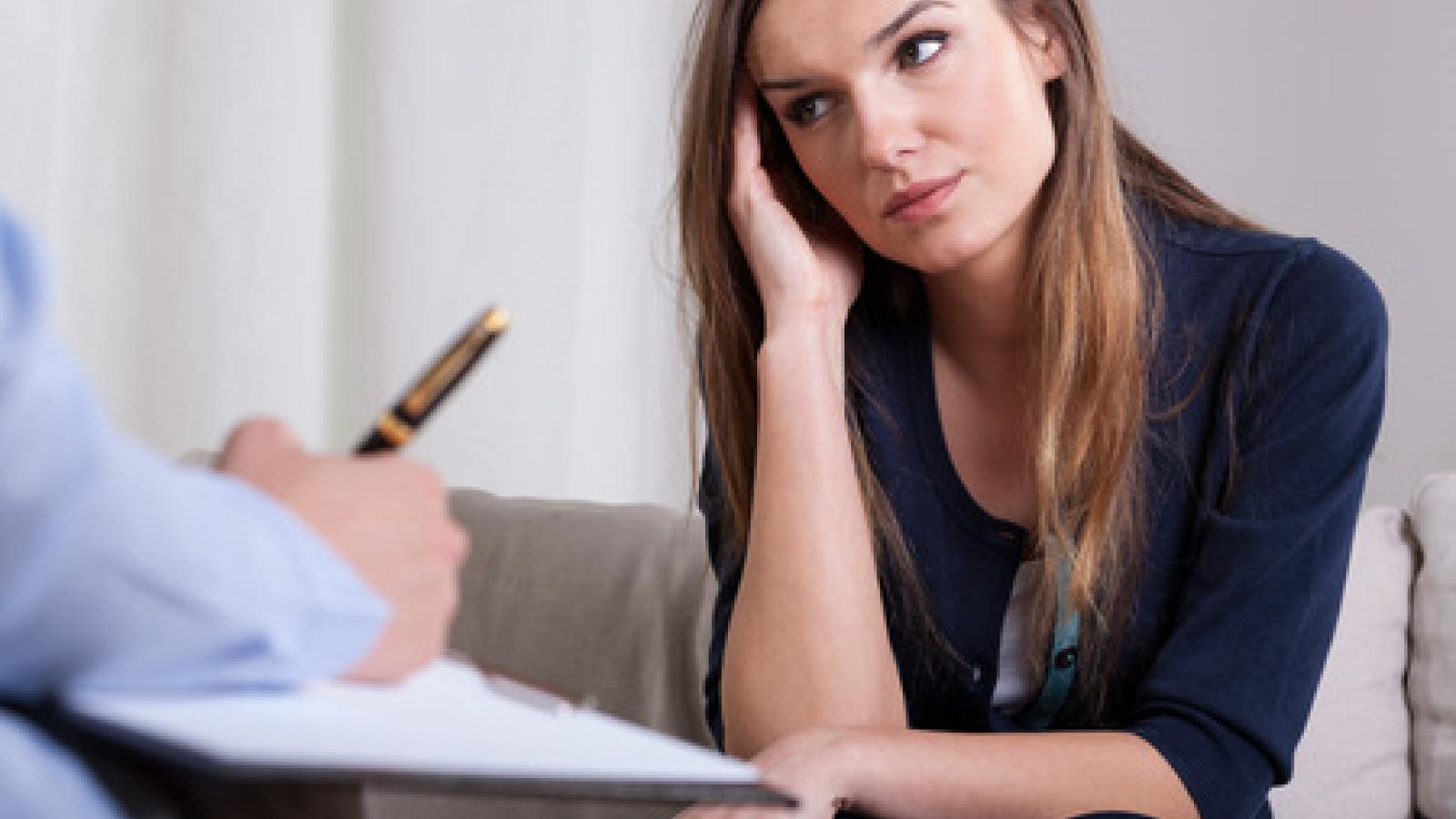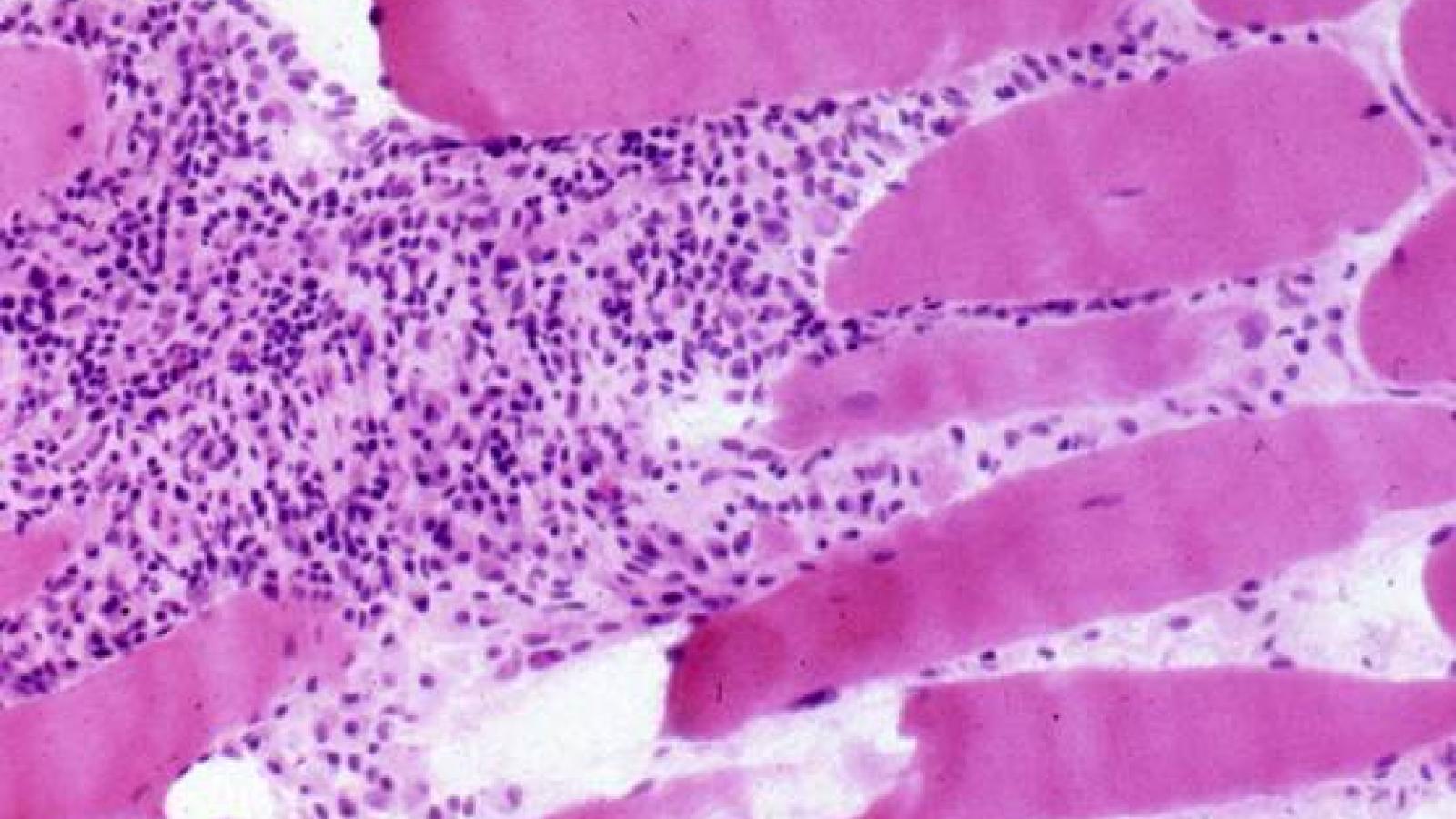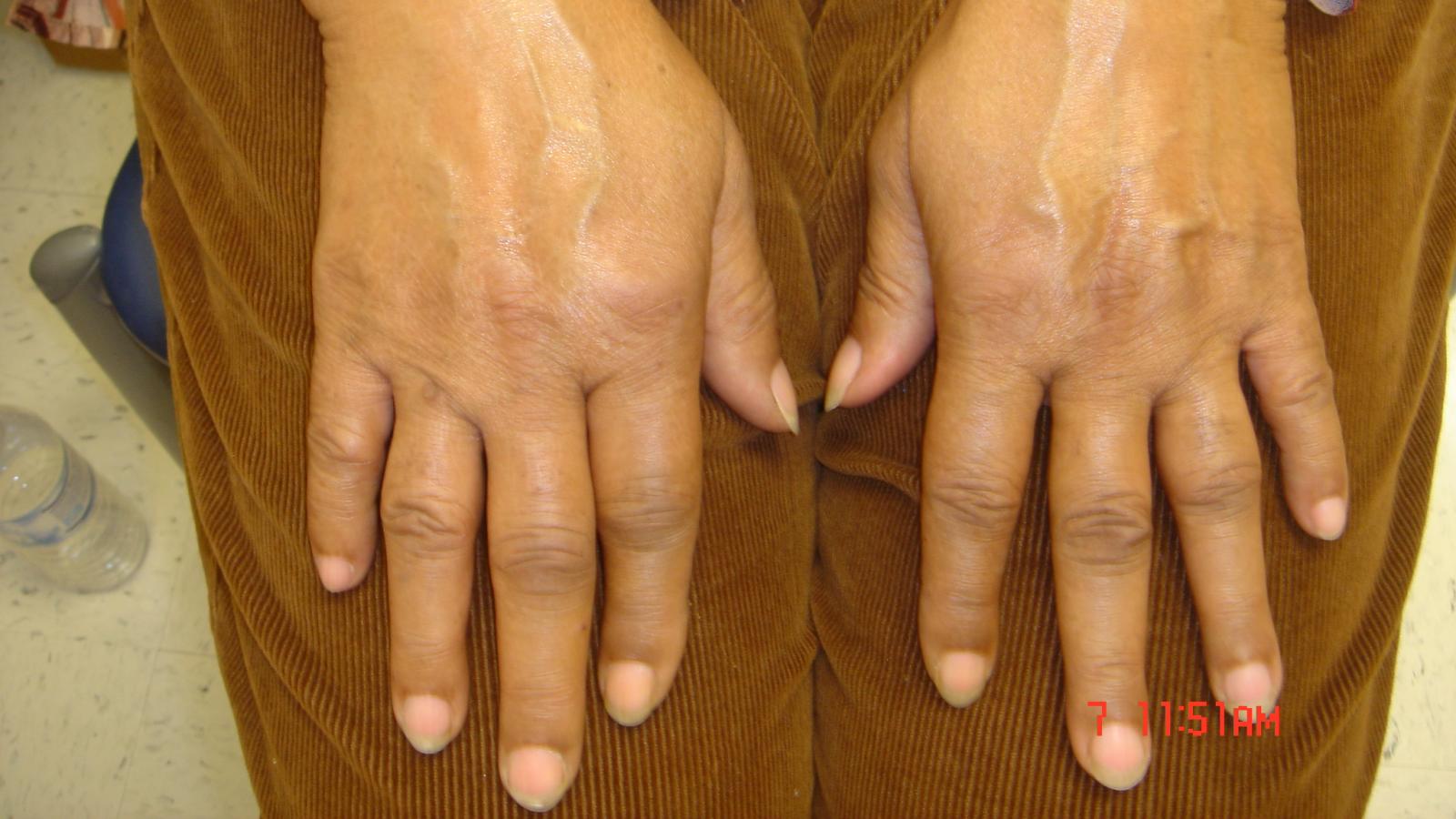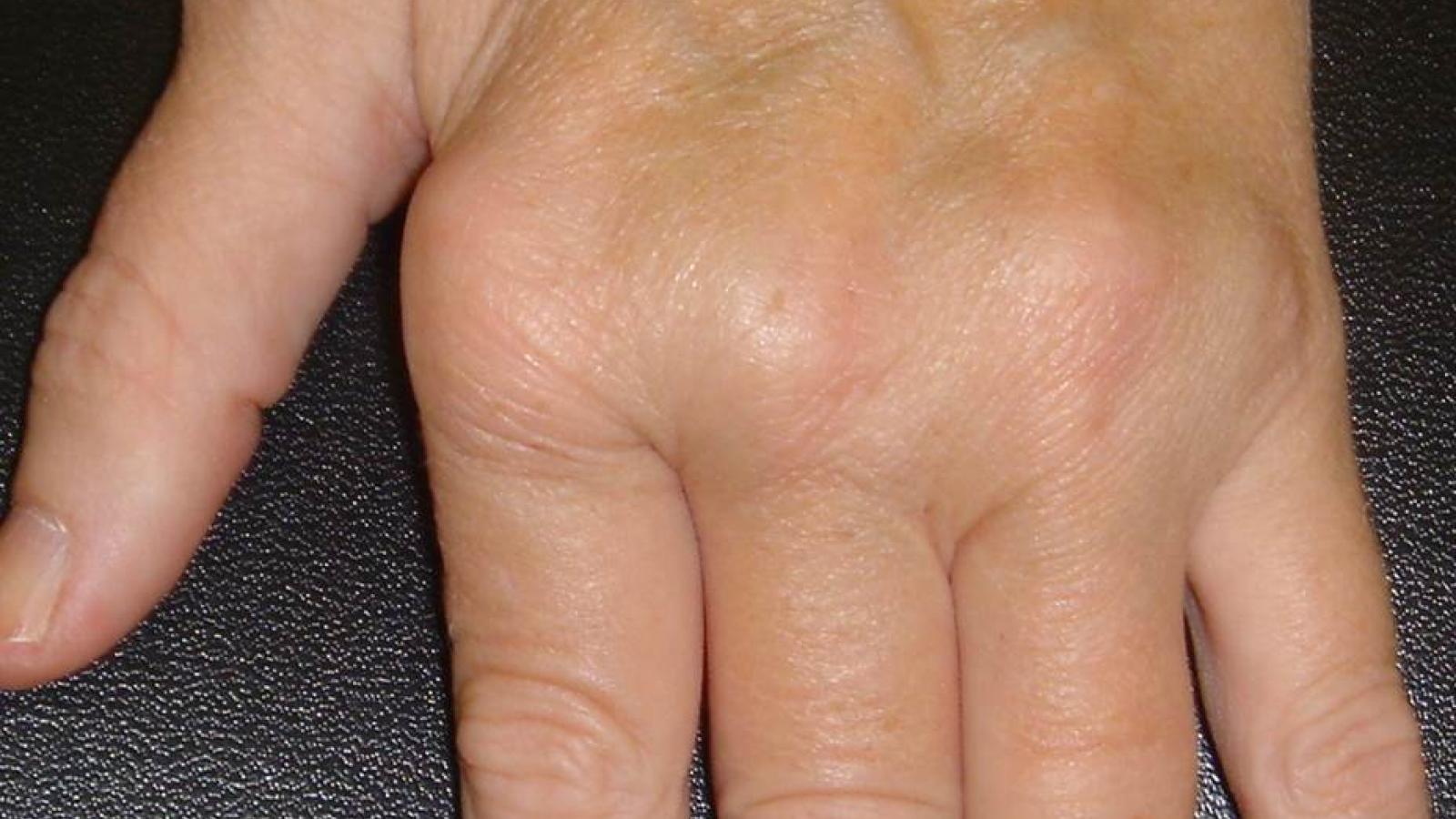It’s widely accepted that Psoriatic disease has multi-system, multi-domain potential that can lead to life altering complications if left untreated or undertreated. Rheumatologists have shifted the way we discuss treatment options and disease state expectations with patients. Two #ACR22 abstracts stood out to me regarding the Psoriatic disease patient experience and will, ultimately, add to what I do in clinic.
Is patient-administered cervical cancer screening an option for women with SLE? Should I prescribe estrogen containing contraceptives to SLE women with APL antibodies? What complications should I be aware of in pregnant women with SLE? Here are three abstracts that provide insight.
Rheumatoid arthritis is known to be associated with a higher risk of infections. In abstract 0535, Porter and colleagues have assessed infection rates in the pre-RA and early RA phases as defined by antibiotics prescription and hospital admissions with an infection main diagnostic code in the UK National database.
In abstract #0327 presented during the poster session on Saturday, Dr. Ai Li Yeo and colleagues investigated the usefulness of serial anti-dsDNA testing in predicting flares among SLE patients who have persistently positive anti-dsDNA titers.
Today's plenary session features a novel proposal on how and which patients with Idiopathic Inflammatory Myopathy (IIM) should be screened for cancer. Abstract 0002 by Oldroyd et al, entitled "Cancer Screening Recommendations for Patients with Idiopathic Inflammatory Myopathy" took on this thorny practice issue.
Patients with RA are known to have a higher mortality risk than the general population.
In abstract 0246, Crowson et al propose a retrospective population-based study stratifying RA patients according to their comorbidities.
ACR Convergence 2022 promises to be another exciting year for research in systemic lupus erythematosus (SLE), with multiple plenary sessions devoted to therapeutic advancements. Here’s a quick rundown of what to expect!
A Japanese large scale claims data study was able to collect 5-year data to study the treatment patterns in Still’s. In May 2019, intravenous tocilizumab was approved in Japan for Still’s disease. The study was designed to see patterns of steroid exposure before and after the approval of this therapy.
Despite a wealth of treatment options, a number of notable unmet needs remain in PsA, most notably the significant diagnostic delay that many patients endure. We are all aware that those with psoriatic skin disease are the most at risk cohort for PsA. Identifying patients with psoriasis who have, or are at increased risk of PsA, appears to be the low hanging fruit that we just can’t fully seem to grasp.
The COVID-19 pandemic has had a significant impact worldwide particularly among those who are immunocompromised. Numerous studies have highlighted the increased risk of acute SARS-CoV-2 infection among patients with rheumatic diseases (RD). Public health measures including masking, social distancing, and vaccination have helped to lower the risk of acute SARS-CoV-2 infection in this population.
After decades of having little else proven apart from glucocorticosteroids with which to treat polymyalgia rheumatica (PMR), evidence for steroid-sparing options has grown in recent years, and this crescendo is set to continue at ACR Convergence 2022 in Philadelphia, PA.
The pharmaceutical companies have will showcase their featured clinical trials and abstracts at ACR 2022. These are their best studies for you to review and evaluate as part of your to-do list. In the least, you should be familiar with the names and objectives of some of these studies as they will be discussed and mentioned throughout the meeting.
Abbvie
Dr Jack Cush reviews the news and journal reports from the past week on RheumNow.com and looks forward to highlight sessions in the next few days at ACR Convergence 2022.
Rheumatoid arthritis treatment has come leaps and bounds in recent decades. Gone are the days of gold injections, chemical synovectomies, and physician-mandated bedrest (heaven forbid). Though the marketplace for RA treatments is becoming ever more crowded, there are still unmet needs.
The updated 2022 EULAR recommendations for the management of rheumatoid arthritis (RA) were initially presented by Dr. Josef Smolen at EULAR 2022, and are now in press delineating the most recent developments and perspectives in RA treatment.


























 Poster Hall
Poster Hall